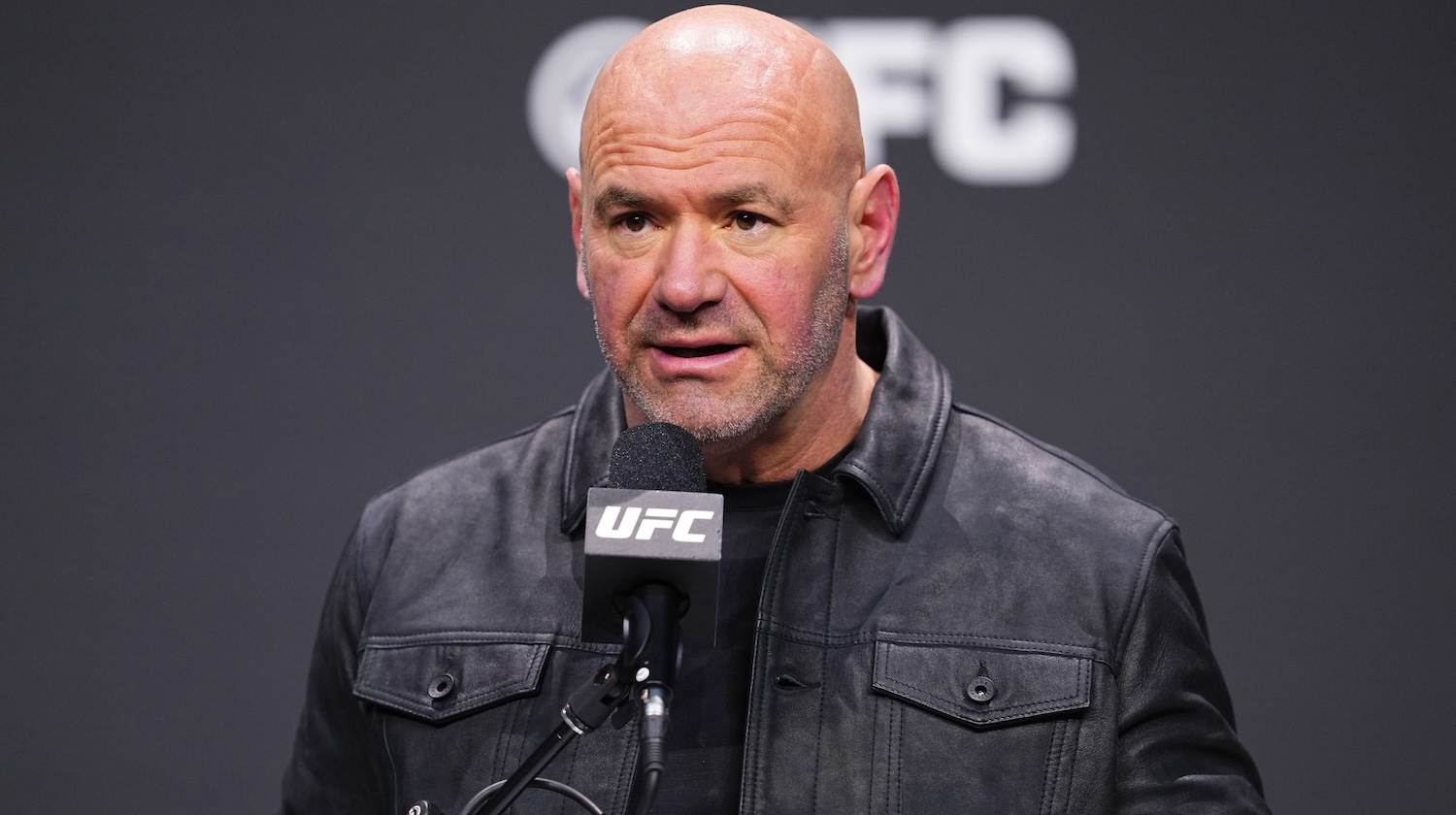TKO Operating Company, the parent company of the UFC, announced in an SEC filing on Wednesday that it has reached an agreement to pay $335 million to settle a pair of class-action lawsuits brought against the company by two groups of former fighters. The filing said the agreement was reached one week ago, and that, unfortunately, "The Company anticipates that the settlement amount will be deductible for tax purposes."
In December 2014, Cung Le, John Fitch, Kyle Kingsbury, Brandon Vera, and Javier Vazquez filed an antitrust lawsuit against the UFC, alleging that the company operated as a monopsony (referring to a market arrangement where this is only one buyer) and therefore exerted illegal control over its labor force. UFC fighters get roughly 20 percent of revenue produced by the promotion. By comparison, players in the unionized major American sports leagues are able to negotiate revenue splits that are much closer to 50-50. While there are numerous other MMA promotions, like Bellator and ONE FC, the plaintiffs' argument was that the UFC controls 70 percent of the labor market when you factor in revenue. For six years, the two sides fought over whether the the suit would be granted class-action status—the UFC argued that regression analysis of weighing by revenue was irrelevant to fighters' ability to sell their labor—and in December 2020, Judge Richard Boulware of the Nevada U.S. District Court ruled in favor of the plaintiffs.
Any fighter who fought for the UFC between 2010 and 2017 was eligible to join the suit. Damages are tripled in antitrust cases, which meant that in the most extreme possible outcome, the UFC could have been slapped with a $5 billion bill from the 2014 suit alone. A group of fighters led by Kajan Johnson and C.B. Dollaway filed a nearly identical suit in 2021, which added hundreds of hypothetical millions to the potential worst-case scenario payout. Forcing the UFC to fork over that much cash was always a longshot, though the suits challenged a number of structurally exploitative standards in UFC contracts.
"The fighters contend that by locking up the vast majority of top fighters in each weight class and buying out its biggest rivals," read a statement from the 2021 group. "Zuffa’s scheme prevented potential competitors from obtaining the critical mass of top fighters necessary to compete with the UFC, rendering other promotions to the 'minor leagues.'"
It's unclear if last week's settlement affected anything structural. It seems that the UFC will get to carry on with business as usual, without any ongoing legal challenges to its exploitative business model. While $335 million is not nothing, it's a small sum relative to the UFC's value. This settlement will probably only embolden the company to keep operating as it always have. As usual, the fighters got hosed.






